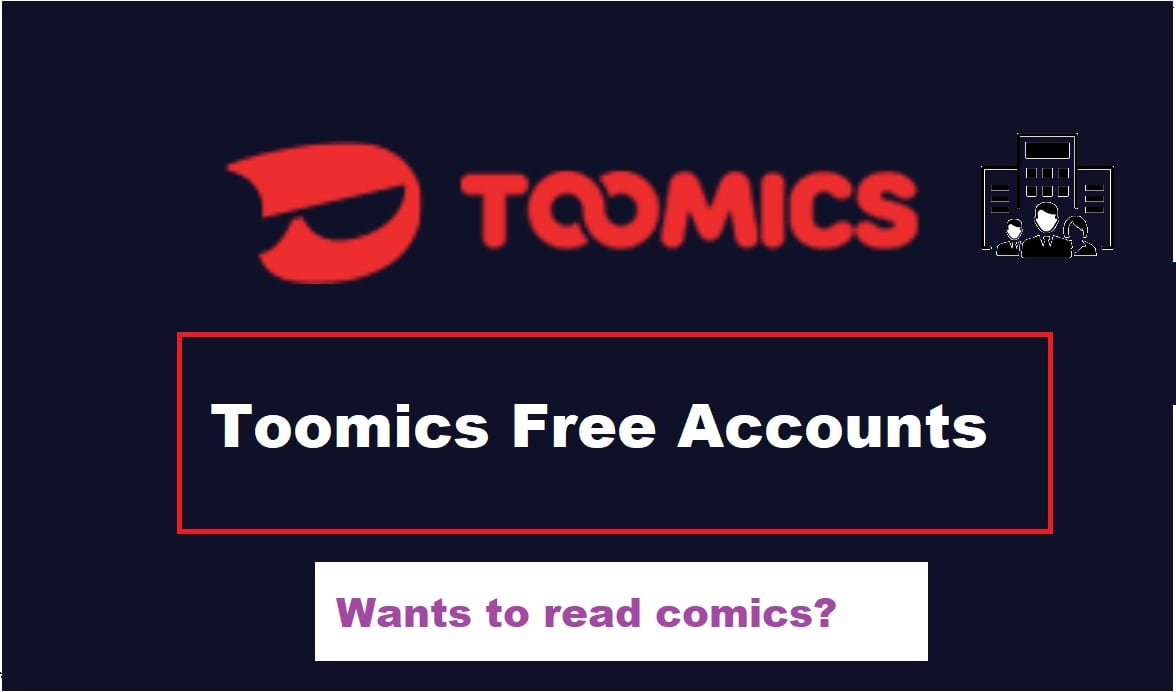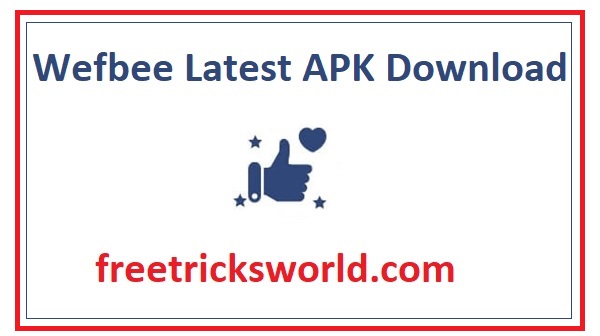Why Google Sucks in 2025: A Critical Look at Its Downfall and User Frustrations
Once hailed as the pinnacle of innovation and user-centric design, Google has faced mounting criticism in recent years. By 2025, frustrations with the tech giant have reached a boiling point, with users, regulators, and even former employees questioning its dominance, ethics, and relevance.
From privacy scandals to AI missteps and a cluttered ecosystem, the reasons behind the sentiment “Google sucks” are multifaceted.
This article explores the key factors driving Google’s decline in 2025, backed by user complaints, expert insights, and industry trends.

1. Privacy Erosion and Data Exploitation
Google’s business model has long relied on harvesting user data for targeted advertising. By 2025, however, privacy concerns have escalated:
- Aggressive Data Collection: Despite promises of transparency, Google continues to track users across Search, YouTube, Maps, and Android, often without explicit consent.
- Facial Recognition Overreach: Projects like Google Nest and AR glasses have sparked fears of constant surveillance.
- Third-Party Sharing: Leaks reveal that anonymized data is still sold to advertisers, contradicting Google’s “privacy-first” marketing.
In 2025, stricter GDPR-style laws in the U.S. and EU have exposed Google’s non-compliance, resulting in record fines and dwindling user trust.
2. Antitrust Battles and Monopolistic Practices
Google’s dominance in search (90% market share), Android (71% of mobile OS), and digital advertising (28% of global ad revenue) has drawn global antitrust scrutiny:
- Search Bias: Accusations of favoring Google services (e.g., YouTube, Flights) over competitors in search results.
- App Store Monopoly: Android users are forced into pre-installed Google apps, stifling competition.
- AdTech Control: Google’s control over ad-buying tools and publisher platforms creates an unfair marketplace.
In 2025, regulators have pushed to break up Google’s ad-tech division, mirroring historic cases like Standard Oil.
3. Declining Search Quality and AI Overload
Google Search, once the gold standard, has become a shell of its former self:
- SEO Spam: The first page of results is cluttered with AI-generated content farms and affiliate links.
- Over-Reliance on AI: Gemini-powered search summaries often provide inaccurate or outdated answers.
- Ad Overload: Nearly 50% of search results pages are ads, pushing organic content below the fold.
Users now turn to alternatives like DuckDuckGo, Brave Search, and Neeva for cleaner, ad-free experiences.
4. Controversial AI Ethics and Gemini Failures
Google’s AI ambitions have backfired spectacularly:
- Bias and Censorship: Gemini, Google’s flagship AI, has been criticized for overcorrecting biases, leading to nonsensical outputs (e.g., refusing to generate images of historical figures).
- Job Displacement: Layoffs in content moderation, customer service, and engineering roles due to AI automation.
- Deepfake Proliferation: Poorly regulated AI tools on Google Cloud have fueled misinformation crises.
In 2025, Google’s AI ethics board is viewed as a PR stunt, with whistleblowers exposing rushed deployments and ignored safety protocols.
5. Ecosystem Fragmentation and Abandoned Projects
Google’s reputation for killing off beloved products has worsened:
- Stadia 2.0 Failure: A half-baked revival of its cloud gaming service angered loyal users.
- Pixel Line Inconsistency: The Pixel 10’s hardware defects and lack of software support alienated Android fans.
- Messaging App Graveyard: Yet another attempt to replace Messages with a Gemini-powered chat app flopped.
This “throw spaghetti at the wall” strategy has left users wary of investing in Google’s ecosystem.
6. YouTube’s Creator Unfriendliness
YouTube remains a cash cow for Google, but creators are fleeing:
- Demonetization Overreach: AI-driven content moderation falsely flags legitimate videos.
- Profit Prioritization: Ads are injected into every video, including those marked “non-monetized.”
- Shorts Dominance: Long-form content is buried to promote TikTok-style clips, hurting educational creators.
- Always ranking of existing content: YouTube always ranks the existing authority contents which demotivates new commerce to upload new videos.
Platforms like Rumble and Nebula have capitalized on this exodus by offering better revenue splits and creator support.
7. Environmental and Labor Controversies
Google’s “Don’t Be Evil” motto rings hollow in 2025:
- Carbon Footprint: Data centers consume 15% of global energy, with slow progress toward 2030 carbon neutrality goals.
- Labor Strikes: Contract workers in AI training and content moderation demand fair wages and union rights.
- E-Waste Negligence: Poor recycling programs for Nest devices and Pixel phones contribute to toxic landfill growth.
8. The Rise of Decentralized Alternatives
In 2025, users are flocking to decentralized platforms that prioritize privacy and user control:
- Search: Presearch, powered by blockchain, rewards users for queries instead of selling data.
- Social Media: Mastodon and Bluesky offer ad-free, algorithm-free networking.
- Cloud Storage: Services like Filecoin and Proton Drive challenge Google Drive with end-to-end encryption.
Even governments are adopting open-source tools to reduce reliance on Big Tech.
Is There Hope for Google?
Despite its struggles, Google still has opportunities to rebound:
- Transparency: Publish detailed audit reports on data practices and AI training.
- User-Centric Innovation: Focus on solving real problems (e.g., combating misinformation) instead of chasing AI hype.
- Fair Compensation: Share ad revenue equitably with creators and publishers.
However, without a cultural shift away from profit-at-all-costs, Google risks becoming the next Yahoo.
Conclusion
The phrase “Google sucks” in 2025 reflects deeper systemic issues: a loss of user trust, ethical shortcuts in AI, and a fragmented product strategy.
While Google remains a tech titan, its inability to adapt to privacy demands, antitrust regulations, and creator needs has eroded its reputation.
For users, the silver lining is the surge of ethical alternatives reshaping the digital landscape. Whether Google can reinvent itself or fade into irrelevance will depend on its willingness to prioritize people over profits.






Its really awesome, True line…really impress about google sucks
If you have more ideas about why google sucks kindly share your views to publish